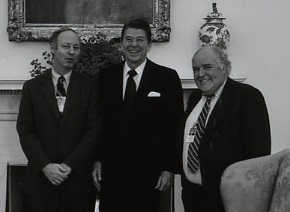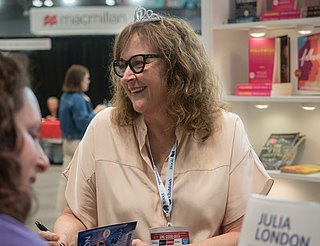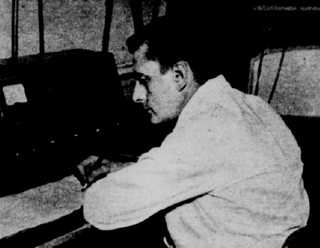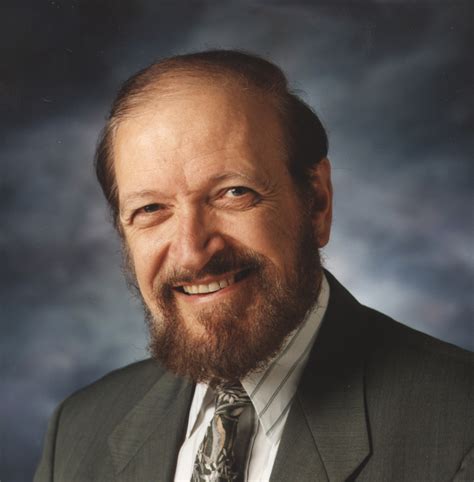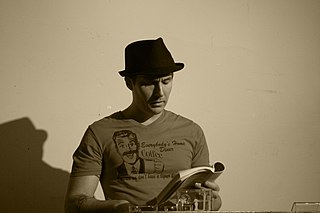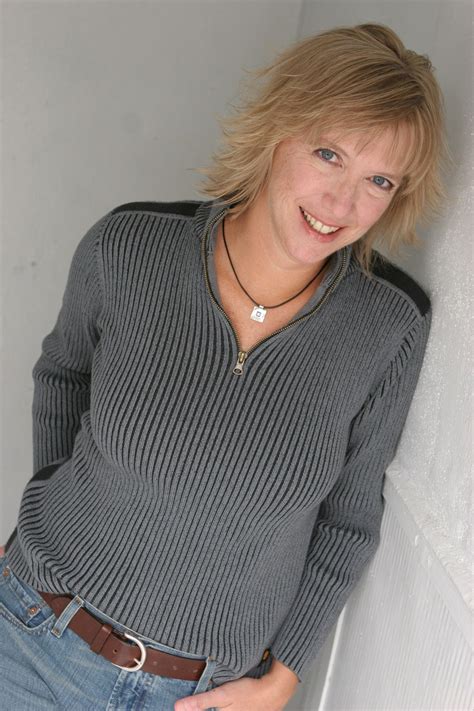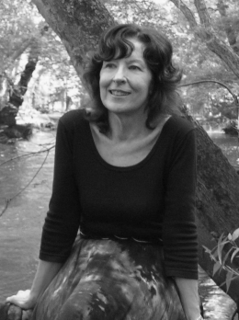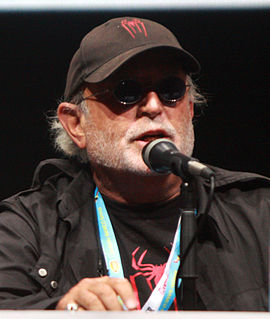Top 1200 Readers Quotes & Sayings - Page 2
Explore popular Readers quotes.
Last updated on December 4, 2024.
I do open endings on purpose. I expect a lot from my readers. I want them to do much of the work, because I believe that the story is built by the reader, not by the writer. I like having an open ending to a standalone fantasy, because it allows a continuing story to be written in the hearts of the readers.
What a publication can do is to help people get a clearer picture without jumping to any rash conclusion. I'm very happy that the 'Post' can take the responsibility to report on China in a broader and deeper way. I believe the 'Post' must be fair to our readers. We should let our readers see China from more angles and perspectives.
I've always kind of thought that reviews written by readers for readers are a kind of private space between consumers. It's their right to say anything they like about your material, and authors need to know that and respect that. As for my end, I'm aware of what my sales are, so I know that my books are working in the marketplace, at least for now, and beyond that, I have to just do my thing and stay focused.
There is nothing like Integral Dreaming in the literature. This is an ambitious undertaking and its readers will gain an in-depth understanding of dreams and dreaming that they will find nowhere else. The ‘five movements’ of Integral Dream Practice will encourage many readers to follow the steps outlined, and integrate dreamwork into their own lives. This book will be an instant classic in the field.
Readers, on the other hand, have at least 7.5 books going all the time. Actually, the number of books a reader takes on is usually directly related to the number of bathrooms he has in his home and office. I am working on a survey that will show that, over a lifetime, readers are in bathrooms seven years and three months longer than nonreaders.
Comic book readers are just as abandoned by the corporate system as the creators, despite the importance supposedly given their hard-earned dollars. The average comics shop can offer only a tiny fraction of an industrywide selection that is itself extremely limited in scope. And even when readers know exactly what they want, the search can be maddeningly futile.
The funny thing is, nationalism only could have come about in Europe after the invention of printing. You could have this thing that was a book in a vernacular language, and you could imagine there were other readers of this book who you couldn't see, but they were a theoretical union of readers who all use the same language. That is kind of a prerequisite for a national fantasy. You need that thing, and it's a strange thing.
Some readers sort of suspect that you have another book that you didn't publish that has even more information in it. I think that readers sort of want to be taught something. They have this idea that there's a takeaway from a novel rather than just the being there, which I think is the great, great pleasure of reading.
My theory about writing is that one should write books you'd like to read, but no one else has written yet. So, as long as I stick with that, I'm entertaining myself, and then hopefully my readers as well. I hope to god I realize that I'm repeating myself, if I ever do. But if I don't, I'm sure my readers will let me know.
When you write about faith, people will be upset with you no matter what. I've heard from readers who were disgusted with the depiction of monotheistic religion. I've also heard from readers who were upset because my portrayal of faith did not adhere to their specific doctrines. Fortunately, I have high risk tolerance.
I am of the generation of writers who can get instant feedback from readers within hours of publication. The fan forum is extraordinary - readers from all over the world coming together to discuss, argue and debate scenes and characters from a novel. They add a layer to the story that I cannot write and yes, I will participate in that conversation and answer questions. After all, they are the people I'm writing for and their enthusiasm and questions really pushes me to raise the bar.
Chats are so new to newspapers, historically. But they're so incredibly valuable because editors/reporters/columnists get to find out what's on the minds of our readers, what you think we should be writing about, what ticks you off, what makes you happy. Sometimes it can confirm what you think readers are interested in; sometimes it can turn you around 180 degrees.
First, there are some of my readers who only read Hap and Leonard, not the other stuff, and some who don't read Hap and Leonard, but a large percentage are crossover readers. And yes, I did refuse to go to Vietnam and it looked like prison was in my future, but they sent me to the psychiatrist and he gave me a 1-Y, which is unfit for military service essentially.
I respond very well to rules. If there are certain parameters it's much easier to do something really good. Especially when readers know what those are. They know what to expect and then you have to wrong-foot them. That is the trick of crime fiction. And readers come to crime and graphic novels wanting to be entertained, or disgusted.
I'm a fan of meeting readers face to face, at reader events, where we're able to sit down and take some time to talk. Too often, at regular book signings, I meet readers who have traveled six or eight hours to see me, and I'm unable to spend more than a few short minutes chatting with them as I sign books.
I feel that historical novelists owe it to our readers to try to be as historically accurate as we can with the known facts. Obviously, we have to fill in the blanks. And then in the final analysis, we're drawing upon our own imaginations. But I think that readers need to be able to trust an author.
At first blush, it seems odd that loser lit books are rejected initially, then go on to be fiercely loved by legions of readers. This apparent contradiction might be due to the fact that if they didn't screw up their lives, most losers would be the kind of power-elite, Type A go-getters whom readers love to hate.
A newspaper can follow the compulsions, the desires of the readers. Take the English evening newspapers - they are following the readers' desires when they are interested only in the royal family gossip. But even the most objective, serious newspaper in the world designs the way in which the reader could or should think. That's unavoidable.
I reach readers rather unintentionally, I think, and those readers likely connect with the slant, the off-kilter, the part of the road you can barely see from the well-traveled road. So, when I'm writing, I'm not thinking about audience at all. Instead, I'm trying to see behind those shrubs, down that hidden path. We're the weirdos of the world and there are so many weirdos.
I find with most of my readers are kind of like me, sort of people who were a little bit naive in life and then learned the hard way that this is what's going on, the political games and most of my readers write to me telling me that the book helped them open their eyes to what other people are doing to them.







